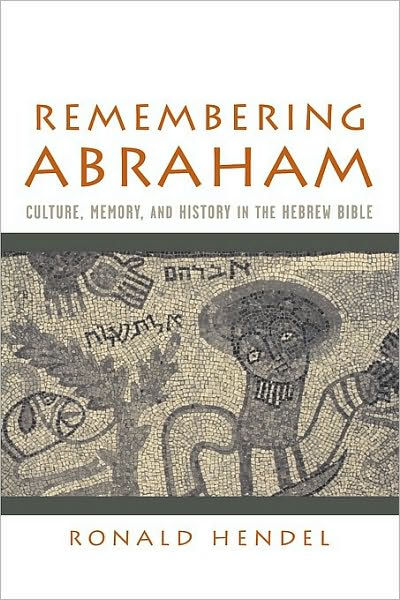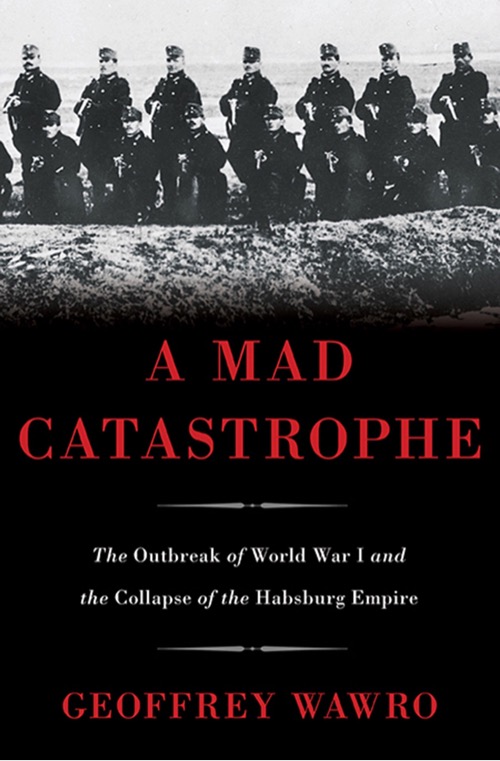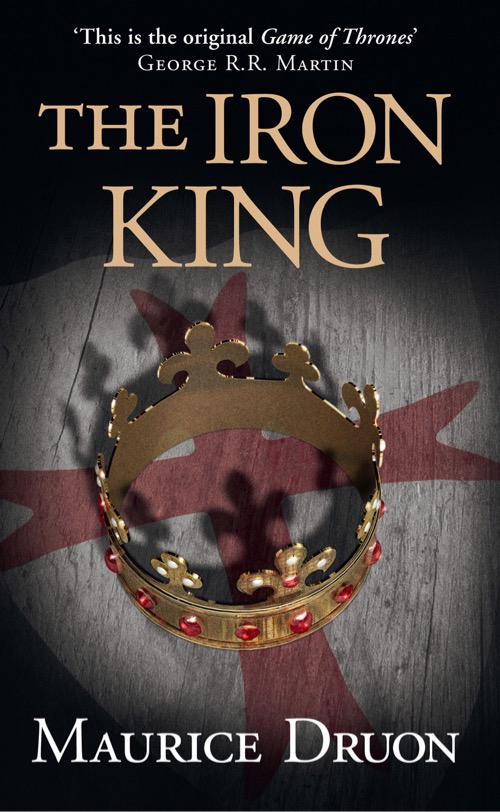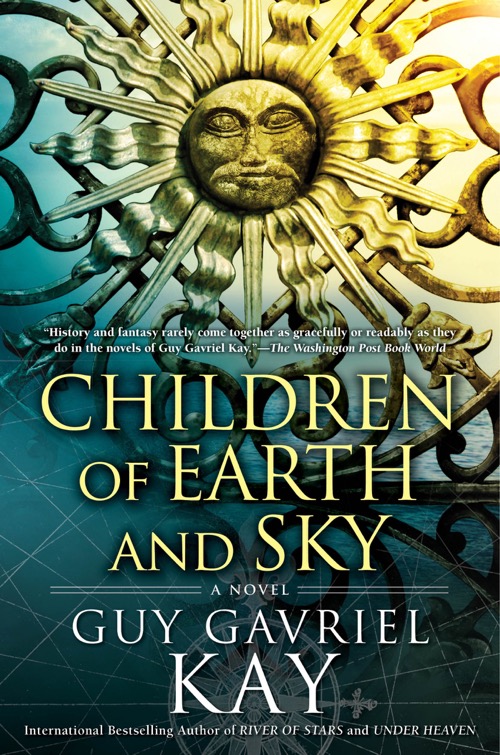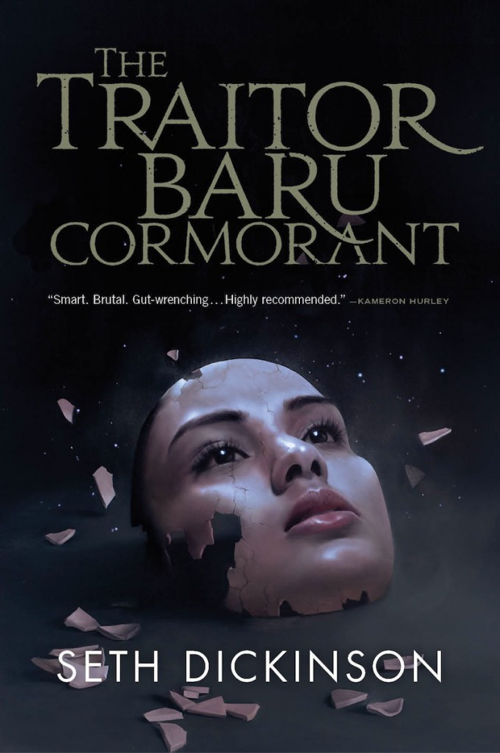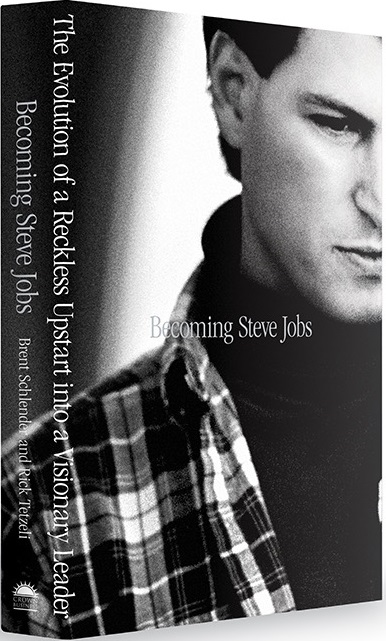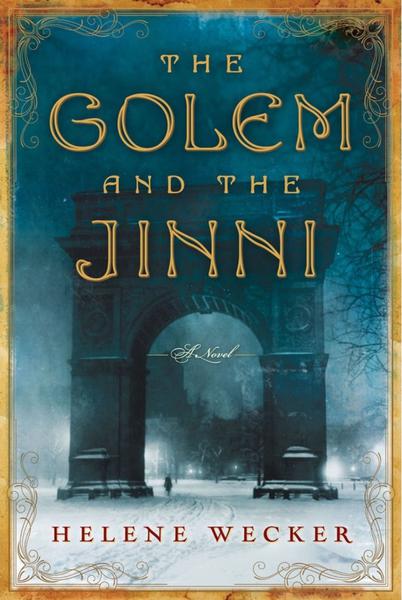
Hillbilly Elegy
by J. D. Vance
$12.99 on Kindle
Throughout the Republican primary, I kept wondering what attracted people to Donald Trump. Because I always look for the good in people, I refused to believe that Trump’s supporters were motivated by racism, misogyny, or nationalism. Some were, I’m sure. But all of them? I believed that there had to be something more — something that Trump represented that resonated with certain Americans.
Rod Dreher’s interview with J. D. Vance in The American Conservative caught my interest. Dreher had high praise for Vance’s book, Hillbilly Elegy and focused on the problem of Trump.
The book is an American classic, an extraordinary testimony to the brokenness of the white working class, but also its strengths. It’s one of the best books I’ve ever read.
…
His book does for poor white people what Ta-Nehisi Coates’s book did for poor black people: give them voice and presence in the public square.
And the interview focused on the relationship between Trump and his voters.
RD: A friend who moved to West Virginia a couple of years ago tells me that she’s never seen poverty and hopelessness like what’s common there. And she says you can drive through the poorest parts of the state, and see nothing but TRUMP signs. Reading “Hillbilly Elegy” tells me why. Explain it to people who haven’t yet read your book.
J.D. VANCE: The simple answer is that these people–my people–are really struggling, and there hasn’t been a single political candidate who speaks to those struggles in a long time. Donald Trump at least tries.
What many don’t understand is how truly desperate these places are, and we’re not talking about small enclaves or a few towns–we’re talking about multiple states where a significant chunk of the white working class struggles to get by. Heroin addiction is rampant. In my medium-sized Ohio county last year, deaths from drug addiction outnumbered deaths from natural causes. The average kid will live in multiple homes over the course of her life, experience a constant cycle of growing close to a “stepdad” only to see him walk out on the family, know multiple drug users personally, maybe live in a foster home for a bit (or at least in the home of an unofficial foster like an aunt or grandparent), watch friends and family get arrested, and on and on. And on top of that is the economic struggle, from the factories shuttering their doors to the Main Streets with nothing but cash-for-gold stores and pawn shops.
The two political parties have offered essentially nothing to these people for a few decades. From the Left, they get some smug condescension, an exasperation that the white working class votes against their economic interests because of social issues, a la Thomas Frank (more on that below). Maybe they get a few handouts, but many don’t want handouts to begin with.
From the Right, they’ve gotten the basic Republican policy platform of tax cuts, free trade, deregulation, and paeans to the noble businessman and economic growth. Whatever the merits of better tax policy and growth (and I believe there are many), the simple fact is that these policies have done little to address a very real social crisis. More importantly, these policies are culturally tone deaf: nobody from southern Ohio wants to hear about the nobility of the factory owner who just fired their brother.
Trump’s candidacy is music to their ears. He criticizes the factories shipping jobs overseas. His apocalyptic tone matches their lived experiences on the ground. He seems to love to annoy the elites, which is something a lot of people wish they could do but can’t because they lack a platform.
The last point I’ll make about Trump is this: these people, his voters, are proud. A big chunk of the white working class has deep roots in Appalachia, and the Scots-Irish honor culture is alive and well. We were taught to raise our fists to anyone who insulted our mother. I probably got in a half dozen fights when I was six years old. Unsurprisingly, southern, rural whites enlist in the military at a disproportionate rate. Can you imagine the humiliation these people feel at the successive failures of Bush/Obama foreign policy? My military service is the thing I’m most proud of, but when I think of everything happening in the Middle East, I can’t help but tell myself: I wish we would have achieved some sort of lasting victory. No one touched that subject before Trump, especially not in the Republican Party.
I already bought a copy of this book and I’ll be reading it soon.

